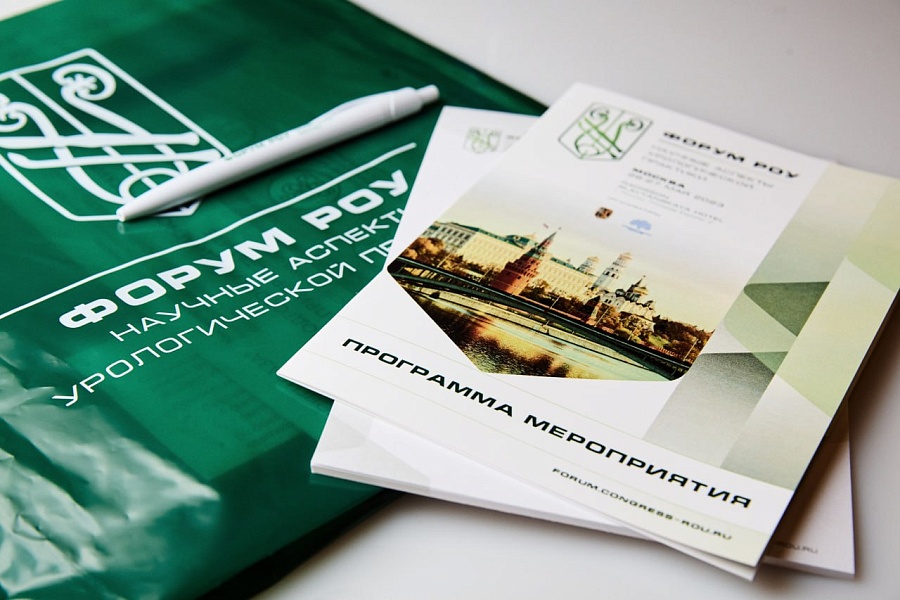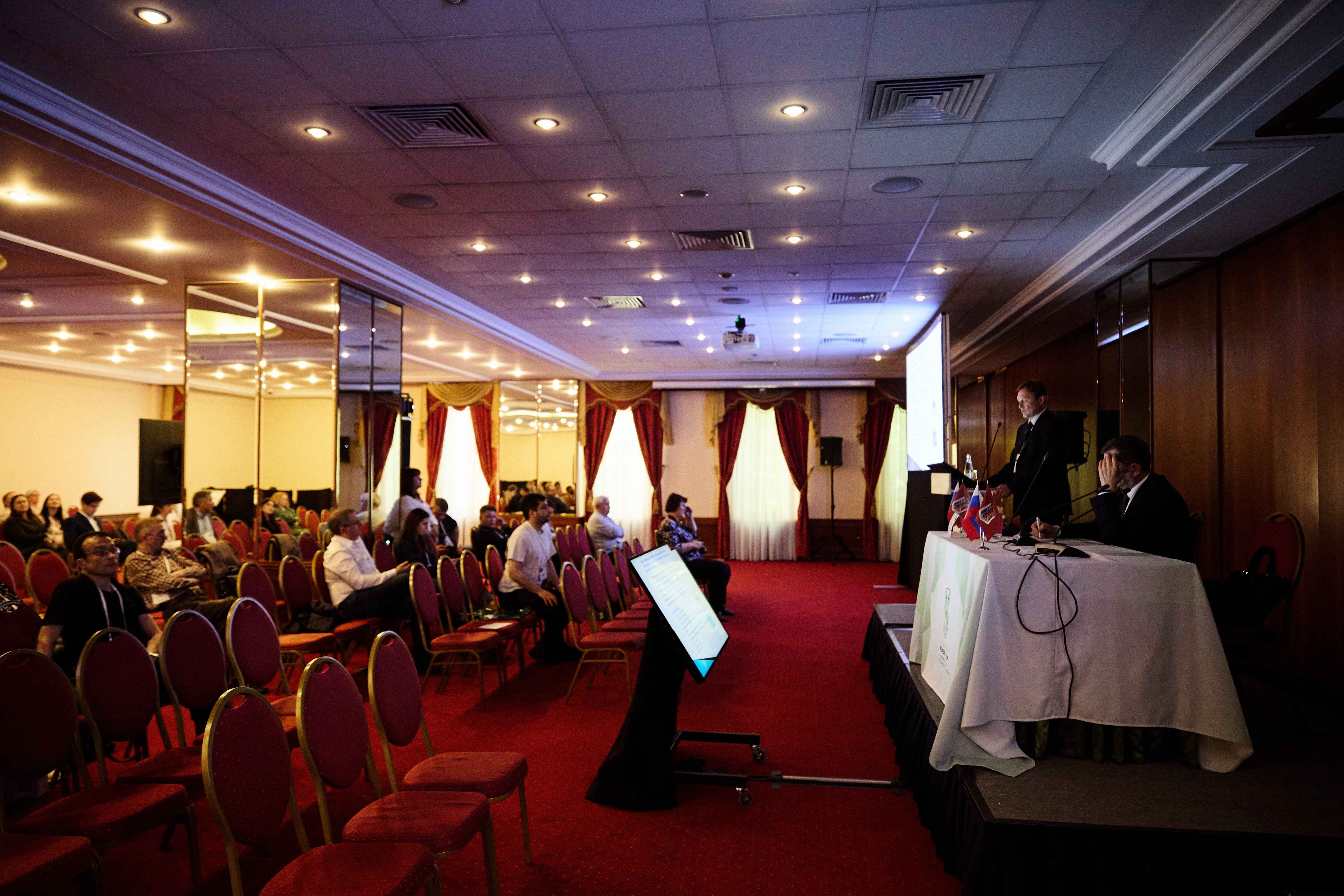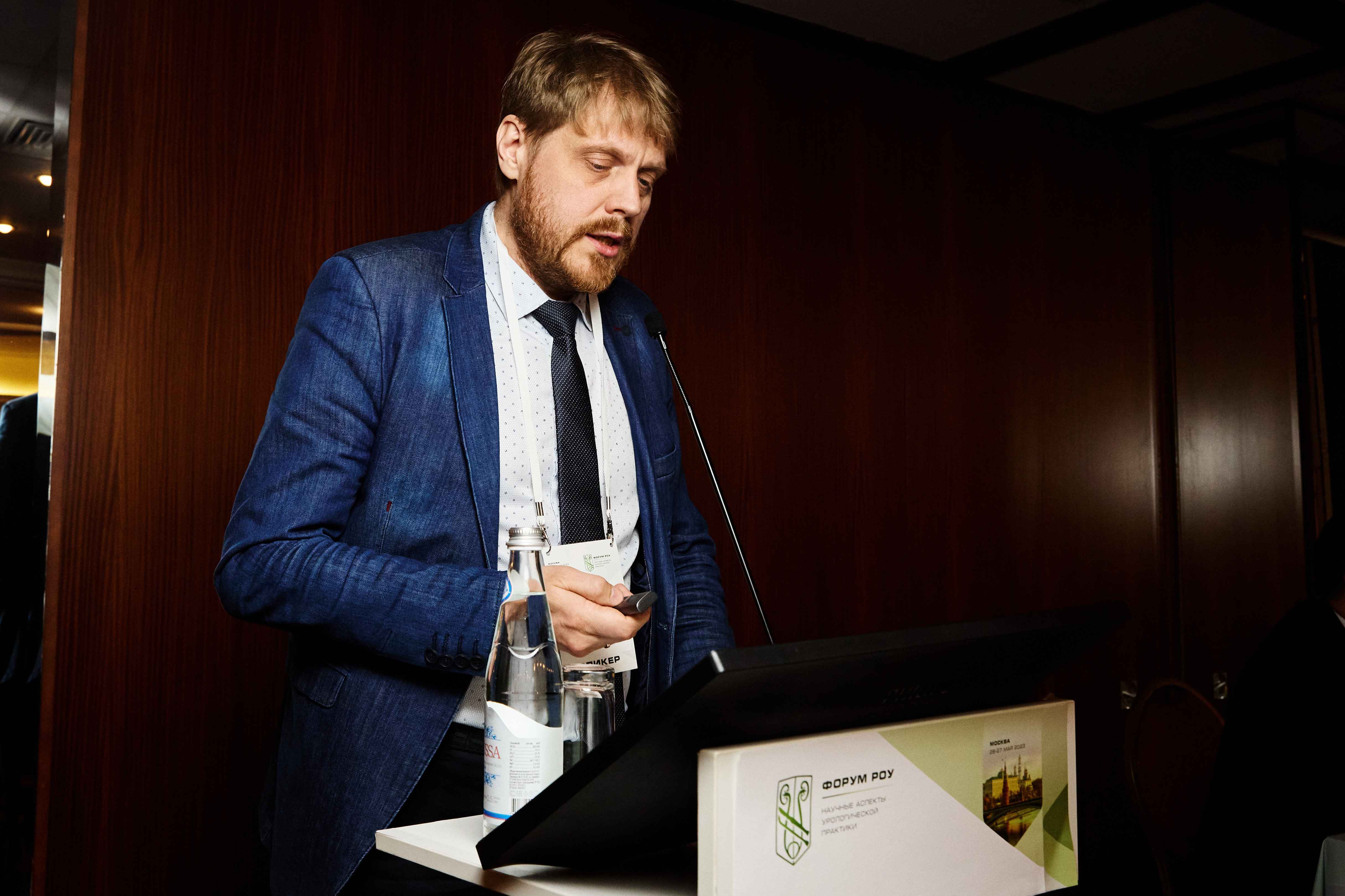
Doctors Speak on How to Defeat Chronic Prostatitis at the Scientific Aspects of Urological Practice Forum Held by the Russian Society of Urology

Chronic prostatitis is one of the most common types of prostate diseases in men, which leads to urination problems, sexual dysfunction, hormonal disruptions, and pain. Prostatitis is usually caused by infectious agents, but inflammation can also happen as a result of circulatory congestion or trauma. Leading urologists spoke about this at the Scientific Aspects of Urological Practice Forum held by the Russian Society of Urology.

Generally, an integrated approach is used to treat chronic prostatitis, including the prescription of antibiotics and non-steroidal anti-inflammatory drugs. However, antibiotic therapy does not always provide the desired effect. This often occurs due to biofilms, which can promote bacterial infection, inhibit the effectiveness of antibiotics, and even make diagnostic efforts difficult. Still, a contemporary drug therapy started on time is as essential as getting accurate test results.

According to Denis Pochernikov, urologist and andrologist, PhD in Medicine, Associate Professor, Department of Faculty Surgery and Urology, Federal State Budget-Funded Educational Institution of Higher Education — Ivanovo State Medical Academy of the Ministry of Health of the Russian Federation, almost 65–80 % of human bacterial infections are associated with the development of biofilms[1]. Their fibrous structure creates a barrier to antibiotics and immune cells, thus greatly complicating therapy. The disease becomes chronic as the pathogen is still present in tissues. One option of pharmaceutical therapy is to destroy biofilms with modern drugs.

Thus, according to one study[2], the use of bovhyaluronidase azoximer reduces the content of biofilms by 50–60 %. In addition, when combined, this medicine increases the effectiveness of antibiotics[3].
No less dangerous for patients with prostatitis is fibrosis developing as a result of the inflammatory process.
The speaker noted that the Russian molecule has anti-fibrotic and anti-inflammatory effects; it also increases the effectiveness of antibiotic therapy, while reducing the frequency of relapsing chronic prostatitis.
1 J. W. Costerton, "Cystic fibrosis pathogenesis and the role of biofilms in persistent infection", Trends Microbiol, Vol. 9, Issue 2, pp. 50–52, Feb. 2001, doi: 10.1016/s0966-842x(00)01918-1.
2 E. Yu. Trizina, D. R. Baidamshina, A. A. Vinitsky, and A. R. Kayumov, "Effect in vitro of the isolated use of bovhyaluronidase azoximer and its use in combination with antibacterial agents on the bacterial biofilm integrity and microorganism viability", Experimental & Clinical Pharmacology, Vol. 83, Issue 2, 2020, doi: 10/gg9x5z.
3 Kayumov, A. R., Dr. habil. biol., Head of the Molecular Genetics of Microorganisms Research Laboratory, Kazan Federal University.
Podolsk Head Dmitry Zharikov Congratulates Pharmaceutical Employees on Their Professional Holiday


